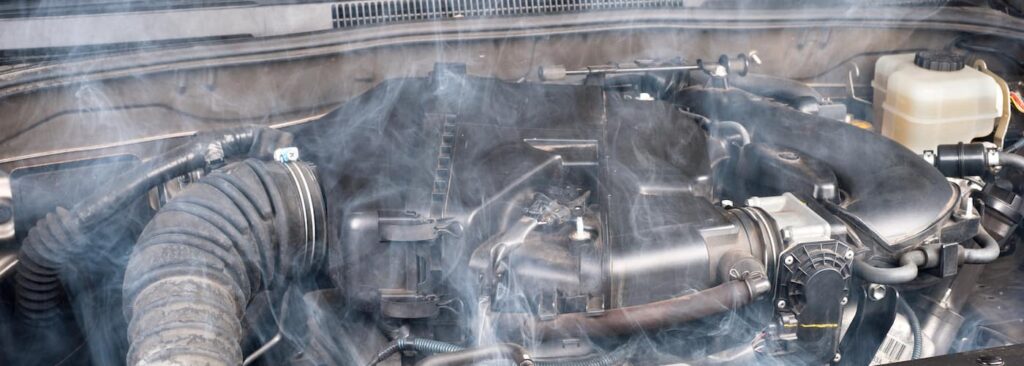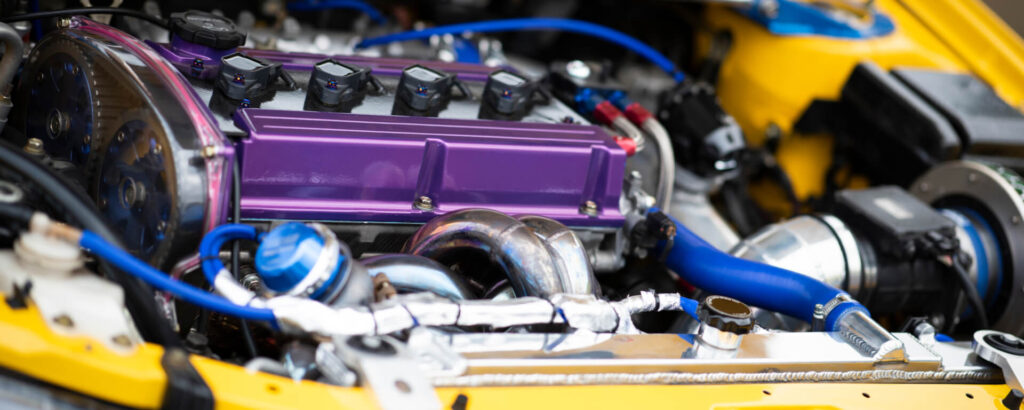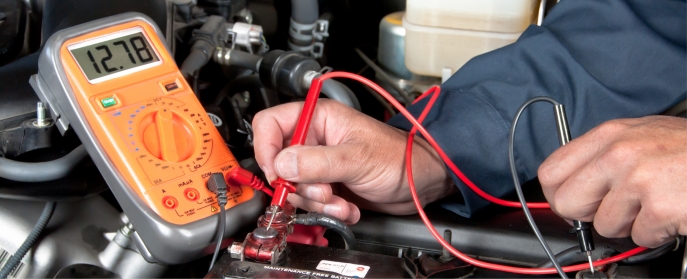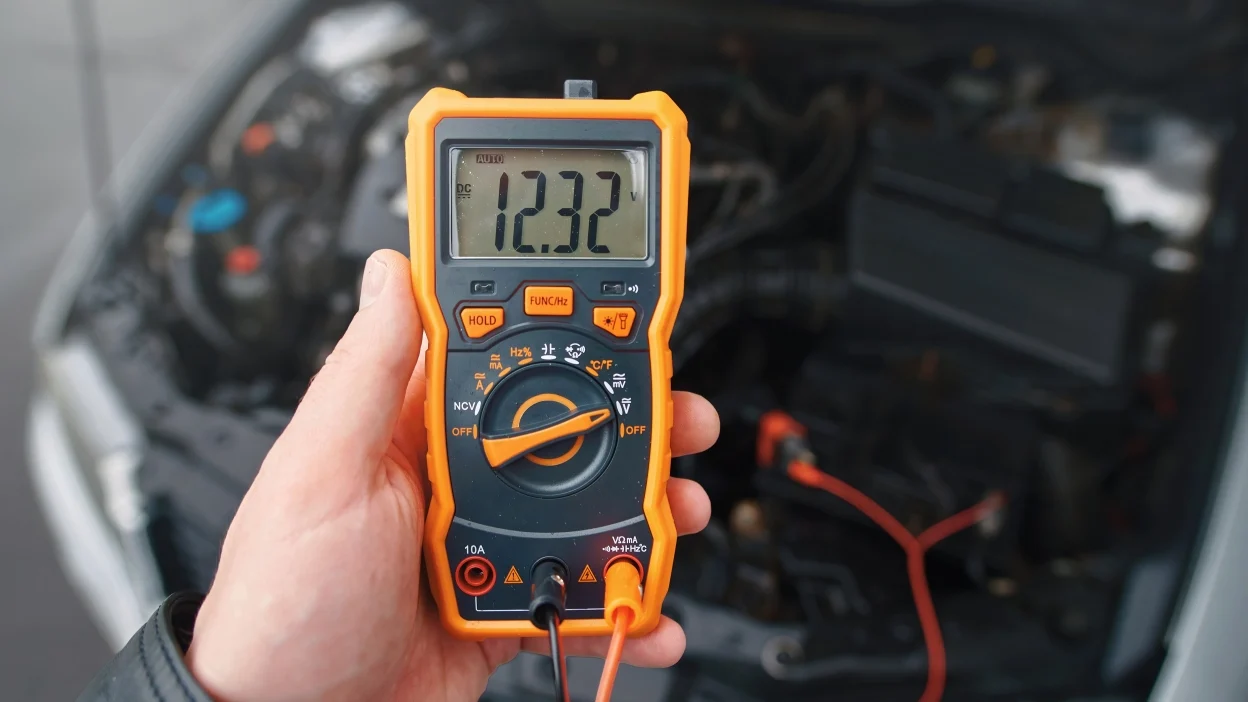Car overheating is a frustrating and potentially costly issue that can happen to any driver. Whether you’re commuting to work or heading out on a road trip, overheating can derail your plans and damage your vehicle if left unaddressed. Recognizing the causes of car overheating is essential to maintaining your engine’s performance and ensuring your safety on the road. In this article, we’ll explore the most common reasons for car overheating and practical steps you can take to prevent it.
Table of Contents
What Are the Main Causes of Car Overheating?
When it comes to engine issues, overheating is one of the most serious problems you can encounter. While some causes of car overheating are easy to spot, others may develop gradually, catching drivers off guard. Let’s take a closer look at the top five culprits:
1. Low Coolant Levels
Coolant, also known as antifreeze, is vital for regulating engine temperature. If your vehicle has low or no coolant, the engine will struggle to stay cool, especially during heavy use or in hot weather. Low coolant is one of the most frequent causes of car overheating, and fortunately, it’s also one of the easiest to prevent.
- Prevention Tip: Always check your coolant levels during routine maintenance. Keep an extra bottle of coolant in your car for emergencies.
2. Malfunctioning Thermostat
The thermostat is a small but critical component in your car’s cooling system. It opens and closes to allow coolant to flow to the engine as needed. A malfunctioning thermostat that gets stuck closed is a common cause of car overheating, as it prevents coolant from circulating effectively.
- Prevention Tip: If you notice fluctuating engine temperatures, have your thermostat inspected and replaced if necessary.
3. Radiator Problems
Your radiator is the heart of your cooling system, responsible for dispersing heat from the engine. A clogged or damaged radiator can impede this process, making it one of the more serious causes of car overheating. Additionally, radiator leaks can deplete coolant levels and exacerbate the problem.
- Prevention Tip: Clean your radiator regularly and inspect it for leaks, especially if you notice a drop in coolant levels or steam coming from under the hood.

4. Faulty Water Pump
The water pump is crucial for circulating coolant through your engine and radiator. If the water pump fails, coolant won’t flow, and your engine will overheat. Signs of a failing water pump include coolant leaks, grinding noises, and high engine temperatures, all of which point to a critical cause of car overheating.
- Prevention Tip: Replace the water pump according to your car manufacturer’s maintenance schedule.
5. Broken or Worn Fan Belts
Fan belts connect the engine to components like the water pump and cooling fan. If a fan belt is worn or broken, it can’t drive these essential parts, making it a leading cause of car overheating.
- Prevention Tip: Have your fan belts inspected during regular oil changes and replace them if they show signs of wear or cracking.
Lesser-Known Causes of Car Overheating
While the above issues are the most common, there are other hidden causes of car overheating that drivers should consider:
- Clogged coolant passages: Rust or debris in the cooling system can block coolant flow.
- Blown head gasket: This serious issue can cause coolant to leak into the engine.
- External conditions: Driving up steep hills, towing heavy loads, or idling in extreme heat can strain your cooling system.
How to Prevent the Causes of Car Overheating
The best way to avoid the causes of car overheating is through proactive maintenance. Here are some practical tips to keep your engine running smoothly:
- Inspect hoses and connections: Look for cracks, leaks, or loose clamps.
- Flush your coolant system: Perform a coolant flush every 30,000 to 50,000 miles to remove debris and prevent clogs.
- Upgrade your cooling system: If you live in a hot climate or frequently tow, consider installing a high-performance radiator or coolant.
What to Do If Your Car Overheats
If you’re dealing with any of the causes of car overheating on the road, don’t panic. Take these steps to minimize damage:
- Turn off the A/C: Switch to the heater to draw heat away from the engine.
- Pull over safely: Stop the car, turn off the engine, and wait for it to cool down.
- Check for obvious issues: Look for coolant leaks or a broken fan belt.
- Don’t open the radiator cap: Wait until the engine cools completely before adding coolant.
Final Thoughts
By understanding and addressing the causes of car overheating, you can protect your car from significant damage and keep yourself safe on the road. Routine maintenance and timely repairs are key to preventing this common issue. If you suspect your car is at risk of overheating, don’t delay—get it inspected by a trusted mechanic.
For more expert tips on car care and troubleshooting, explore our blog for additional resources and advice. Share this article to help others stay informed about the causes of car overheating and how to prevent them!
Related Post:
For more information on avoiding car overheating, check out our detailed guide on How to Prevent Car Engine Overheating.





Leave a Reply